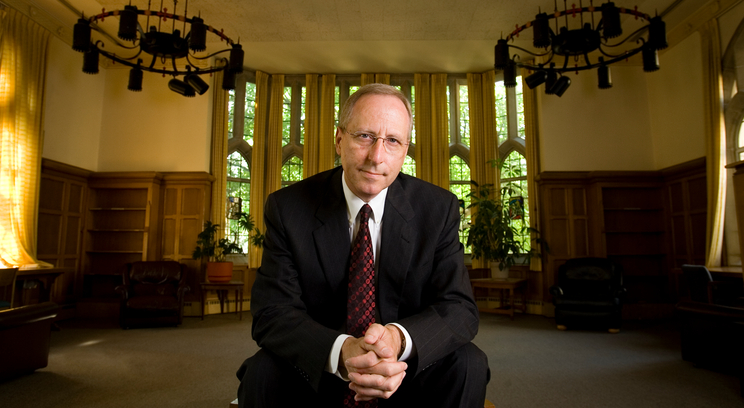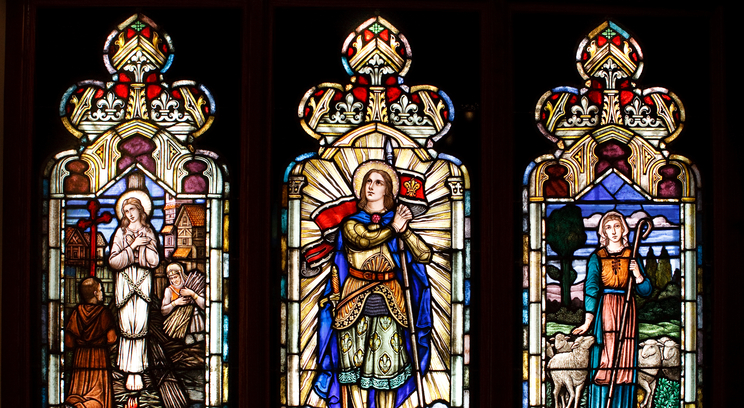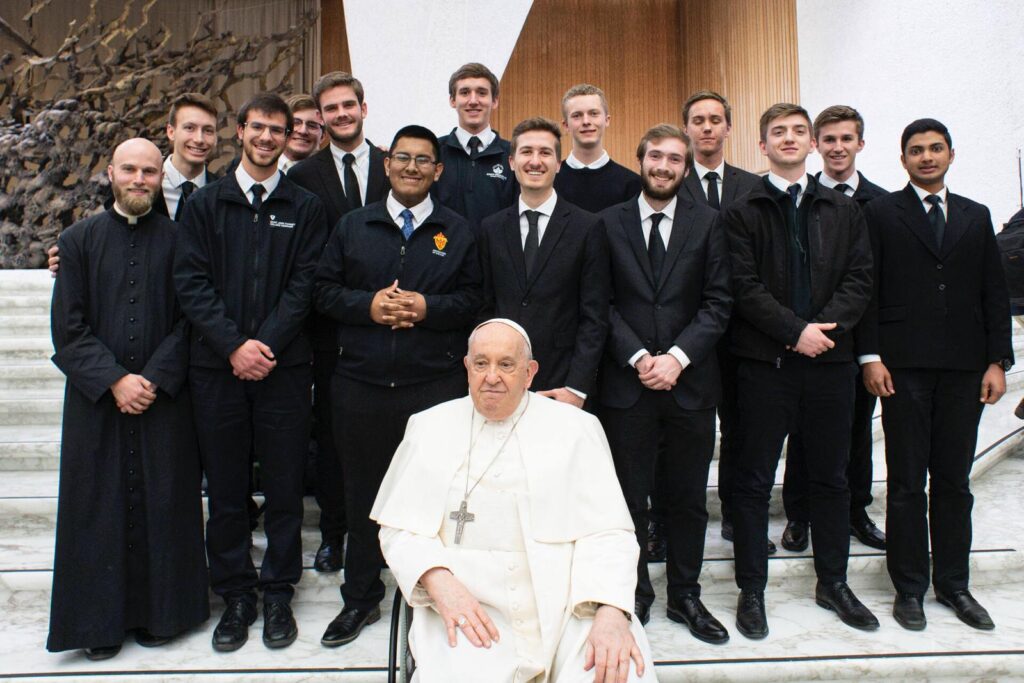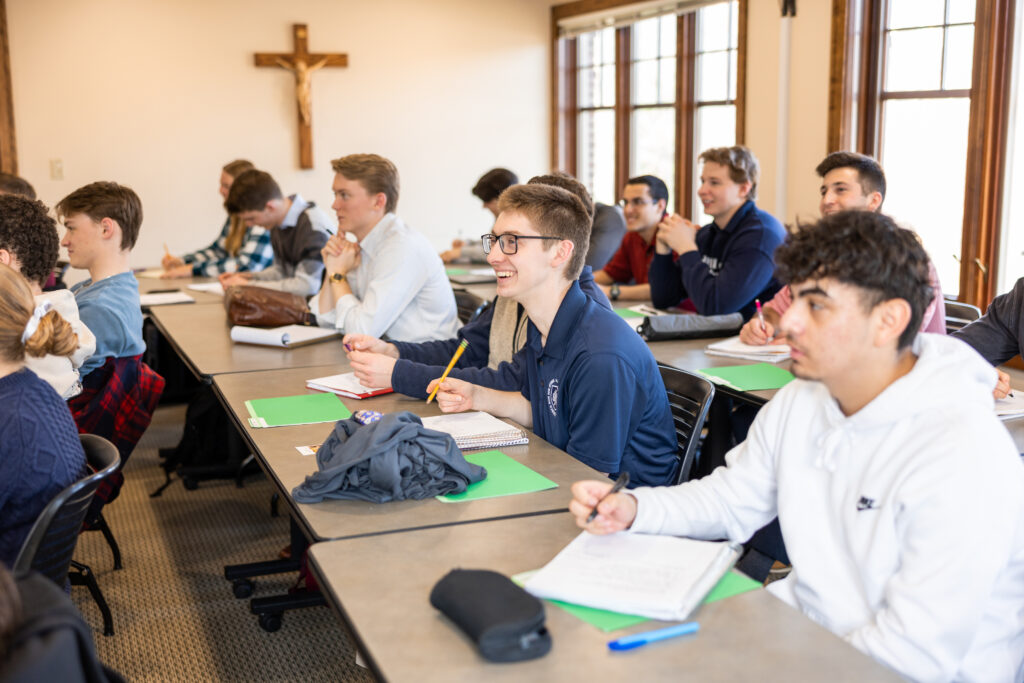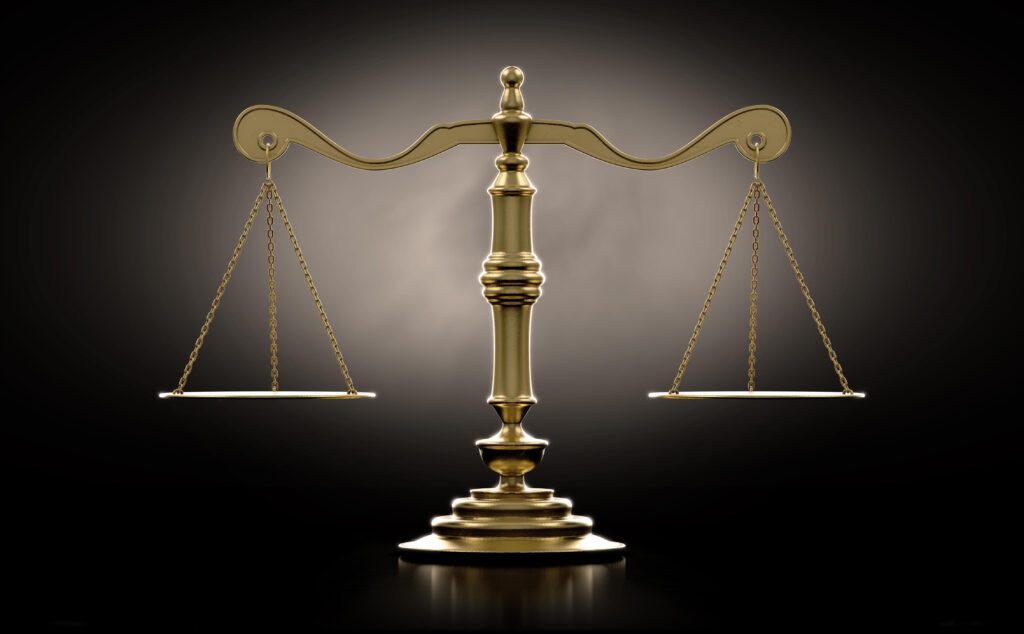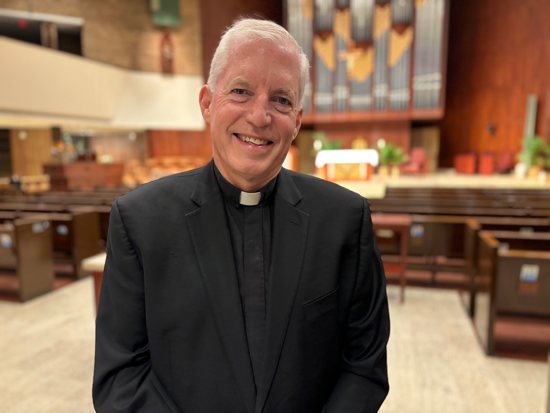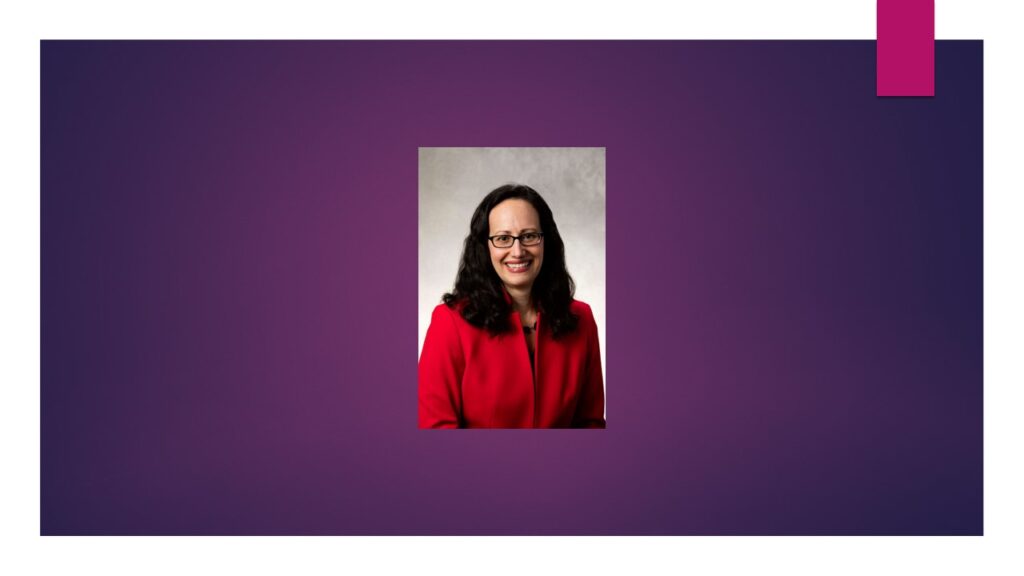Presidential election years often bring the tensions in society into sharper focus, and this year is no exception. In difficult economic times, the Occupy Wall Street folks and the Tea Partiers, to say nothing of the Democratic and Republican parties themselves, tend to emphasize the differences between social and economic groups. It is no surprise, then, that a recent Pew Research Center survey showed that an increased number of Americans believe that conflicts between the rich and the poor have become more intense.
At the risk of oversimplifying, one might say that there are two broad schools of thought about the conflict between economic classes. One school sees social life as a kind of competition, in which those who are more talented, harder working or just luckier naturally reap the rewards, which are theirs to possess and to use as they see fit. The other school sees any significant difference in the distribution of income and wealth as an injustice that must be remedied. Both groups tend to think that the interests of the rich and the poor are opposed and that there is little room for genuine collaboration. In one way or another, conflict is inevitable, perhaps even welcome.
The tradition of the Church, however, while acknowledging the disparities, analyzes the situation quite differently. In doing so, it employs a framework that does not fit neatly into conventional liberal and conservative, Democratic and Republican, categories. Indeed, someone who thinks with the Church is likely to be uncomfortable in many ways with the analysis offered by any political party or movement. What the Church proposes, and has proposed for a very long time, is a distinctive vision of society, wealth and poverty.
At the heart of this vision is the conviction that a good society is organic, which is to say that different persons have different vocations and different roles to play in our common life. Without doubt, people differ greatly in their abilities and disabilities, in their responsibilities and in the opportunities available to them to make use of their talents and to overcome their limitations. The natural consequence of these variations is, among other things, an uneven distribution of income and wealth, but this disparity is not necessarily the result of injustice. (This is not to say that there are not grave injustices in the economy, merely that disparities in income and wealth are not sure signs of injustice.)
The Church reminds us that everything we possess-our property, our talents, our very lives – is a gift from a loving God who wishes us to use these gifts for his purposes. The Creator is also a God of abundance, not scarcity, who has endowed the earth with everything his human creatures need to live good lives. In principle, the resources of the earth are intended to serve the needs of the whole human family; these resources have, as the Church likes to say, a universal destination.
However, making the earth’s resources available and adapting them to human needs are not easy. The key to unlocking the earth’s secrets and to making it fruitful is human ingenuity and human work. The ordinary way in which we acquire what we need for ourselves and our families is through work, and therefore those who are able to do so have an obligation to work for their livelihoods. (Those who cannot work for one reason or another have a legitimate claim for a share of the community’s wealth sufficient to permit them a decent life.)
Some people are more successful at this than others and therefore justly accumulate greater rewards. With this in mind, for more than a century, the popes have been strenuous defenders of the right of individuals to own property, insisting that dramatic limitations on property rights hurt the poor most of all. They champion property rights because they want workers to accumulate some wealth so that they will not be entirely dependent upon wages and so that they may leave an inheritance to their children.
Still, the right to own property is not absolute. Those who possess more wealth than they need to pursue their vocations and fulfill their obligations to their families have a solemn duty to use this surplus wealth to help others. They may do this in many ways, but one good use of such wealth, as Pope Pius XI reminded us, is to invest it in businesses that create jobs for others.
Which brings us back to the issue of social conflict. Where the two schools of thought mentioned earlier see conflict between economic classes as virtually inevitable, the Church sees disparities in income and wealth as opportunities and reasons for cooperation. The enemies are injustice, selfishness and envy, not other people. The remedy is charity, by which we see in others an image of the God who loves us and loves them.
So, while the Church defends the right to own property, at the same time it strenuously encourages those who have justly acquired wealth to acknowledge their responsibilities and to seek every opportunity to put that wealth to work for God’s purposes, which include a priority for helping those in great need. At the same time, it seeks to discourage envy and to promote justice in every dimension of social life.
Read more from Perspectives
